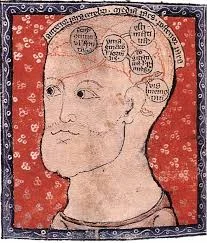Self-Diagnosis
Ever wonder how much time, money and effort could be saved if patients took a crack at diagnosing themselves, and doctors listened to them? Think you know what’s wrong with your mother/best friend/co-worker/spouse? Addicted to playing the medical detective? You aren’t alone…
A quick and memorable read about a woman who persisted in her search for a medical explanation where doctors and imaging were turning up none. Had she not, she would likely have died from an aggressive form of kidney cancer, a diagnosis made more difficult by the fact that she didn’t “fit'“ the profile of the typical patient.
Money has everything and nothing to do with health. It’s a leading indicator of life expectancy, it can keep people on life support medical equipment for days, weeks, months and years, it can pay premiums, doctors, hospitals and pharmacies, but in our system of healthcare, it can’t buy the things that work best at keeping people healthy. Adding insult to injury, the way you think of your own health likely has little to do with how your specialist, insurance company and perhaps even your regular doctor or nurse sees you.
If you’ve ever researched a health issue online, using Google, a symptom checker, or some other source, this article gives you a glimpse of how physicians feel about that…
What is health? How do you know when you have it, and when you don’t? Do measures of health really capture what it is? How do people from around the world and from other periods of time think of health?









“If you are having a stroke, there is about a 9 percent chance you will be misdiagnosed in the ER — a statistic that applies to all age groups when the patient is seen initially in the ER. But if you are young, female, a person of color or have limited education (less than a high school degree), your risk of misdiagnosis soars,” according to one expert cited in this article from the Washington Post. For women, apparently, that risk is a whopping 30% higher than the norm.